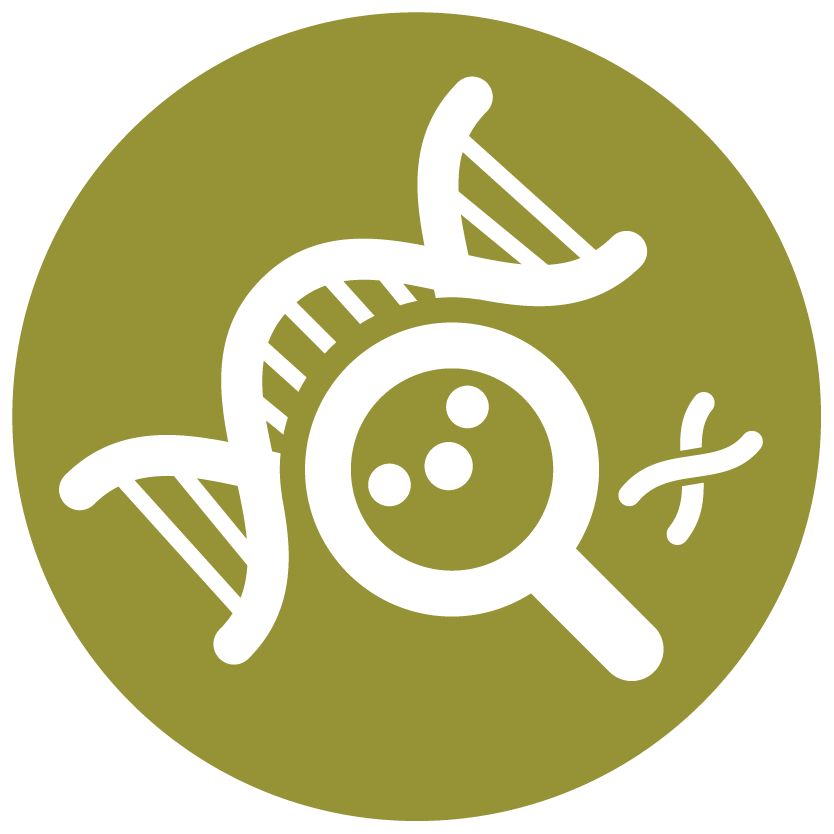Discovery and Basic Research
Rapid Fires: How Can We Advance Basic Research as the Bedrock of Pharmaceutical Science?
Exofection via Trophoblast EVs Restores P-gp in Alzheimer’s
Wednesday, November 12, 2025
3:30 PM - 3:45 PM CT
Location: 303 AB

Ananth Kumar Kammala, PhD (he/him/his)
Assistant Professor
The University of Texas Medical Branch
Galveston, Texas
Rapid Fire Speaker(s)
Neuroinflammation-driven loss of blood-brain barrier (BBB) efflux transporters, particularly P-glycoprotein (P-gp), impairs amyloid-β (Aβ) clearance and contributes to Alzheimer’s disease (AD) progression. Current therapies inadequately address this barrier dysfunction. We present a novel therapeutic strategy using trophoblast-derived extracellular vesicles (CTC-EVs) to restore P-gp function through a mechanism we term exofection—the delivery of functional proteins via EVs. CTC-EVs were isolated, characterized, and applied to inflamed brain endothelial cells in vitro, where they restored P-gp expression and efflux activity. In vivo administration of CTC-EVs in 3xTg-AD mice increased P-gp expression in the cortex and hippocampus, reduced Aβ burden, and improved cognitive outcomes. This dual in vitro and in vivo approach demonstrates the potential of CTC-EVs as a biologically derived therapeutic platform to re-establish BBB integrity. These findings highlight exofection as a promising modality for treating AD and related neuroinflammatory disorders by enhancing intrinsic clearance mechanisms rather than relying solely on immunotherapy.
Learning Objectives:
- Upon completion, participants will be able to evaluate the utility of exosomes and describe the design of exosome-based drug delivery systems for targeted therapy across various pathological conditions.
- Upon completion, participants will be able to explain the role of P-glycoprotein (P-gp) in amyloid-beta clearance at the blood-brain barrier and recognize how its dysfunction contributes to Alzheimer’s pathology.
- Upon completion, participants will be able to recognize the critical role of transporter proteins, such as P-gp, in various pathological conditions and explore how trophoblast-derived exosomes can be leveraged to restore their function through targeted exofection-based therapy.


